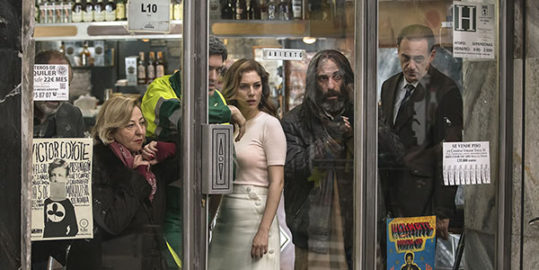from Ellen Miller:
Richard and I find that we are spending less time seeing “mainstream”(i.e., big production films from major studios) and more time focusing on independent films. While we appreciate some of those big films, with big stars and huge production values, there seems to be increasingly fewer of those types of films that we want to see. And besides, the independent film scene just seems to get richer and richer. There is more diversity in stories being told, new directors, young actors, and inventive production.
It is also possible that our increasing focus on independent films has to do with new viewing opportunities: low key film festivals in Philadelphia and Miami, the DC Film Fest, the Jewish Film Festival, and the DC Cinema Club. (This ‘club’ now operates in eight cities around the country – Atlanta, Boca Raton, Boston, Greater New Haven, Milwaukee, San Francisco, St. Louis, and Washington, DC). The curators of the films shown in these venues know more than we will ever know about what makes a movie worth seeing. The twice monthly 10:30 AM (surprise) screenings on Sunday mornings make it novel too.
In the last month or so we’ve seen a number of diverse presentations, at least one of which is now out in the theaters. In no particular order, here are my thoughts on these films.
Borg vs. McEnroe:
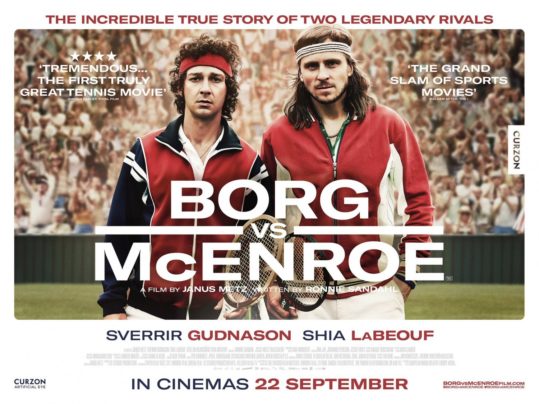
Ellen ***** Richard *****
You don’t have to be a sports fan, or a tennis fan, to enjoy this movie (but if you are either, it’s a must-see).
As you probably guessed, this film is about one of the all-time great rivalries in tennis – Bjorn Borg (the Swedish master of concentration and cool) versus John McEnroe (the unruly American).
The time is the summer of 1980 when these two tennis greats faced each other for the Wimbledon championship. And even though you (may) know the outcome of this particular match, this is a taut film, well (re)enacted, and well produced. It also offers in-depth psychological profiles of both players, focusing on what made them the competitors they were. The stories of their lives, their training, their discipline (or lack there of) is legendary.
Perhaps because it is a Swedish film, the emphasis is more on Borg than McEnroe. But you will come away from the film knowing them both, understanding their rivalry, and what drove each of them to the heights they attained. And you’ll probably be cheering the director of the film too.
The Rider:
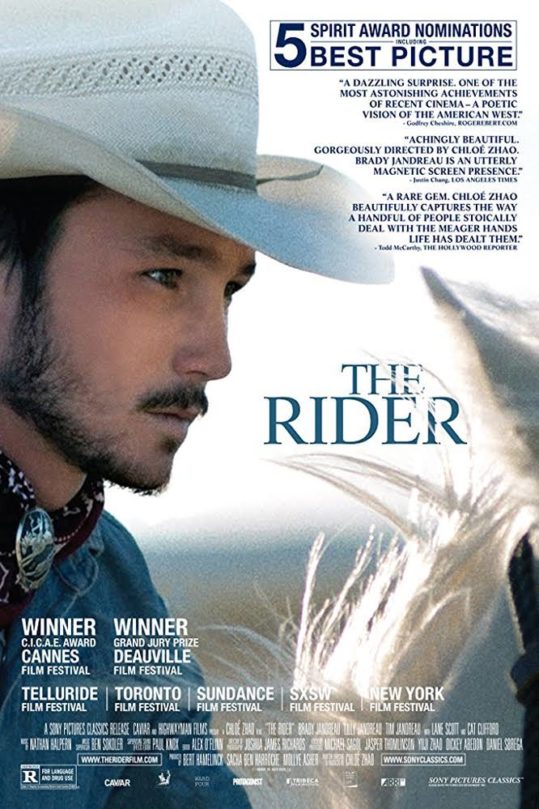
Ellen **** Richard ****
This film takes place on the Pine Ridge Indian Reservation (the Oglala Lakota Native American reservation) in South Dakota where a young cowboy is a rising star on the rodeo circuit, until he is seriously injured.
After this accident, he struggles with who he is and how he relates to the world and to his friends without being able to participate in his life’s calling or his opportunity for gainful remuneration. He is despondent as a new reality unfolds around him — the only work he can find to do is to train others’ horses. His father struggles to keep their life together. A younger sister who is disabled becomes his most faithful companion.
Impressively, all of the actors are nonprofessional — Lakota Native Americans — whose own lives are not very different from the people they portray in the film. The setting of the film is their home — beautiful and haunting South Dakota and the reservation on which they live. Based on a true story, this is a touching and tender film, panoramic, slow-paced, and straightforward.
The director of this film is a Chinese filmmaker Chloe Zhao who is currently based in the US. She has received much attention for her earlier films.
Lean On Pete:
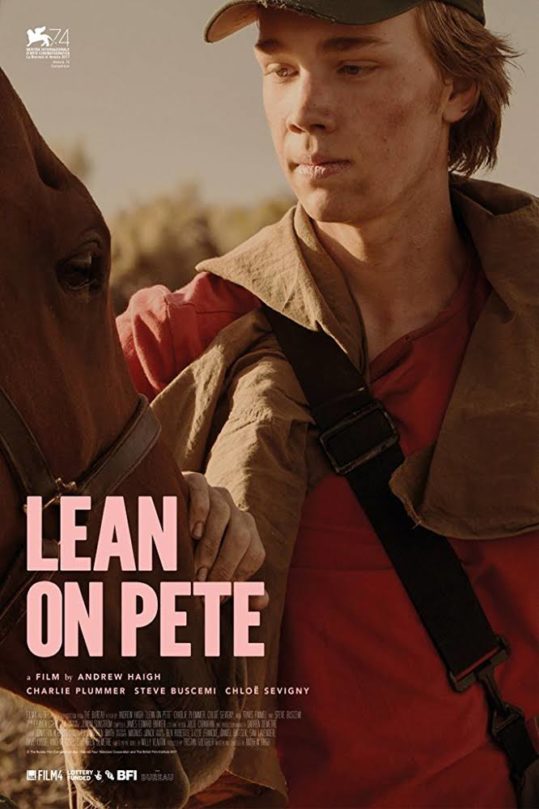
Ellen **** Richard ****
This is a bittersweet coming of age story of a boy and his horse (and his father) that offers a glimpse into the kind of lives we rarely see or know.The acting is superb, the production well done, and it tells a story of poverty, perseverance, and persistence.
The film is based on Willy Vlautin’s 2010 novel of the same title. Charley, a 15-year old, is being taken care of by his single father, but essentially he is left to fend for himself. He meets a horse trainer who begrudgingly hires him for odd jobs. Charley enjoys the work and “befriends” a quarter horse named Lean on Pete. The horse fast becomes the best friend of this lonely teen.
Things happen (no spoilers here), and the film becomes a saga of a boy and his horse, traveling alone together.
While a bit sentimental for my own taste, it is a fine film, exquisitely acted (the lead is played by the teen actor Charlie Pummer) and most definitely worth seeing.
Bolshoi:
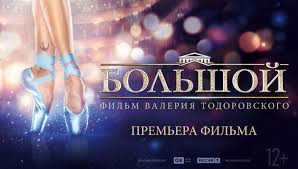
Ellen ***** Richard *****
We saw four films in three days during the recent DC Film Festival. We were going to skip this venue this year, but one of our film buddies emailed to say that we simply had to see this movie. So we fit it in last week — along with a few others — and were very glad we did.
This is a superb Russian-directed film about what it takes to become a ballerina, made only as the Russians could. It’s a precise, caring, heart-rending story. It has a grand scope and a big story to tell. It centers on two young girls who compete from their earliest pre-teen years in the ballet academy to become the prima ballerina of the world’s most famous ballet – the Bolshoi. Their backgrounds are very different and that’s key to the story.
No real surprises here, except in the impact of this narrative. While it is a coming of age story, there is so much depth to the characters (superbly acted by the two stars), that the film offers real insight, revealing what it takes to make two ballerinas who are the very “stuff’’ of legends.
This is a film of pure enjoyment. Really a must see.
Playing God:
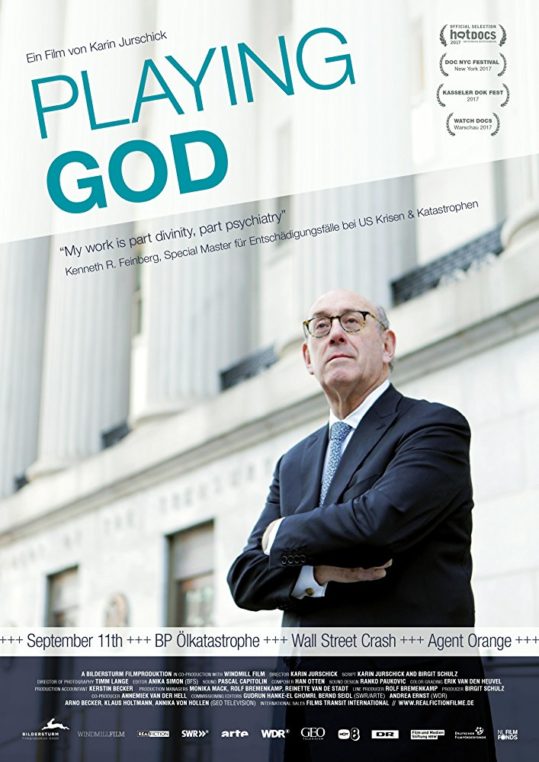
Ellen ***** Richard ****
Also seen at the DC Film Festival (90 films from 60 d ifferent countries), where it was a perfect choice for the audience, this is a documentary about Kenneth R. Feinberg, the man brought in by the federal government and private companies to handle “disaster” relief funds in the wake of 9/11, the BP oil spill, Agent Orange, the Central States Pension plan battle, and other similar circumstances.
While an homage to the extraordinary work of Feinberg, and largely consisting of a series of interviews with him, it teaches you things you didn’t know about how these enormous funds are handled, who benefits and who loses, and how “justice” is often done only in the eyes of the beholder. It also contains very interesting interviews with a number of the victims of these tragedies that add real life complexity to the film. These interviews raise questions about the fairness of the process itself (including an examination of current law), and to some extent, it makes you wonder how even handedly Feinberg has been in dispensing funds, particularly in the case of the BP oil spill. (He was hired by the company in that case to adjudicate distribution of the money the company provided to those who were injured.)
Both Feinberg and the film’s director were in the audience the night we saw it and responded to questions from the audience.
I’d highly recommend the film if it comes to a theater, or festival, near you. It both teaches and makes you think..
No Date, No Signature:
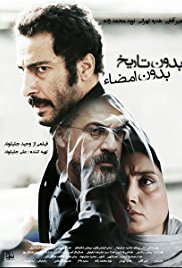
Ellen ***** Richard *****
What’s up with Iranian films these days? They are definitely coming of age! {See this NY Times commentary.) This film is a contemporary one — a story of a doctor who sideswipes a motorcycle late at night. He stops to investigate and examines the entire family that was riding on it (mother, father, a small girl, and a boy of eight) to make sure that no one was hurt. He offers them financial restitution to repair the modest damage to the bike. He is a responsible man and believes that he has taken the right steps following the incident.
Days later the eight-year old boy dies in the hospital where the doctor works. The mystery begins: did he die of accident-related trauma or did something else cause his death? If the latter, who was responsible? If the former, then clearly the doctor was responsible, and the doctor becomes tortured by this possibility. As the mystery and investigation unfolds, this becomes a film about who takes responsibility for what, the moral and ethical choices that are faced every day, who tells the truth and why.
The acting in this film is brilliant, particularly the portrayal of the lead doctor by Navid Mohammadzaden, a multiple award winner.)
Maze:
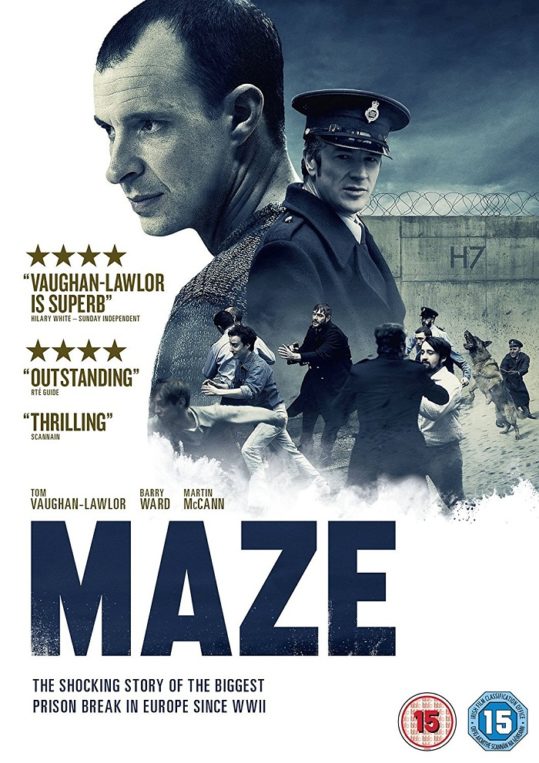
Ellen **** Richard ***
We ended our DC Flim Festival viewing with this political thriller from Ireland. This is a prison break film, and it takes place entirely within the walls of what has been generally regarded as the world’s most secure prison. The time period is of the “troubles” –the nearly three-decade conflict in Northern Ireland.
Based on a true story, the film charts how one inmate, an IRA compatriot, orchestrated the world’s largest prison break since World War II. The character development of all the major actors was terrific, and the film offers a unique insight into the human character.
Prepare yourself to be challenged by the accents, but that’s less off-putting than it may seem as the films grainy visuals and strong acting counterbalance the spoken words.
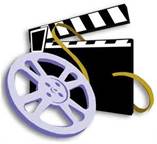










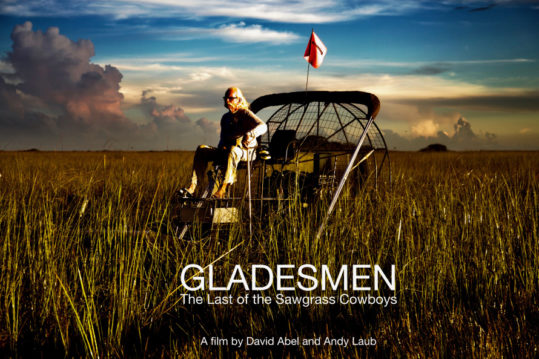
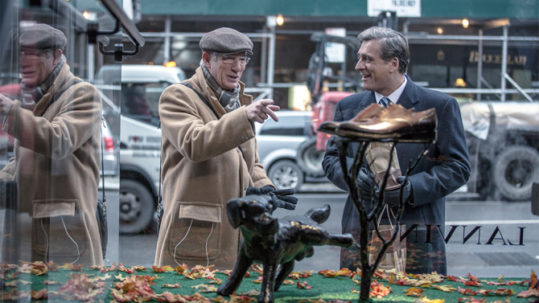
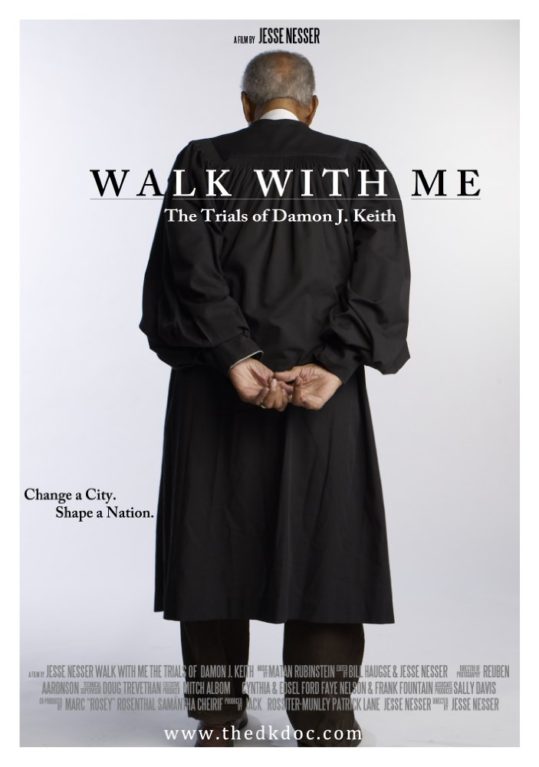 This documentary film is about a judge I suspect most Americans do not ‘know’ but nevertheless has been at the center of numerous decisions of major importance to our country over the past half century.
This documentary film is about a judge I suspect most Americans do not ‘know’ but nevertheless has been at the center of numerous decisions of major importance to our country over the past half century.
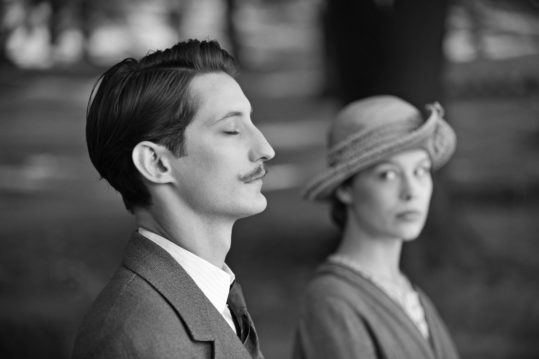
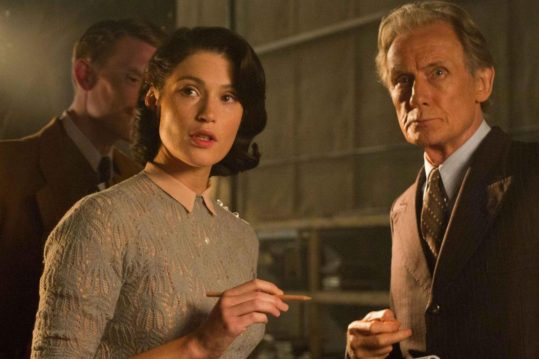
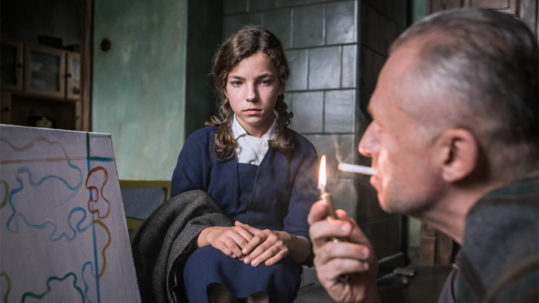 Our favorite film of this festival.
Our favorite film of this festival.